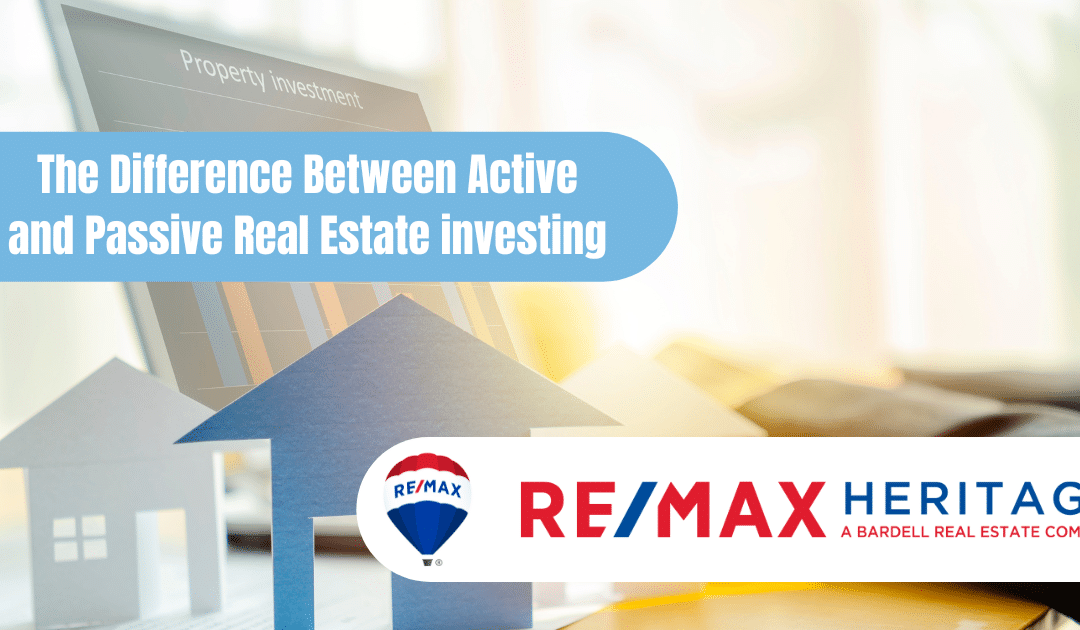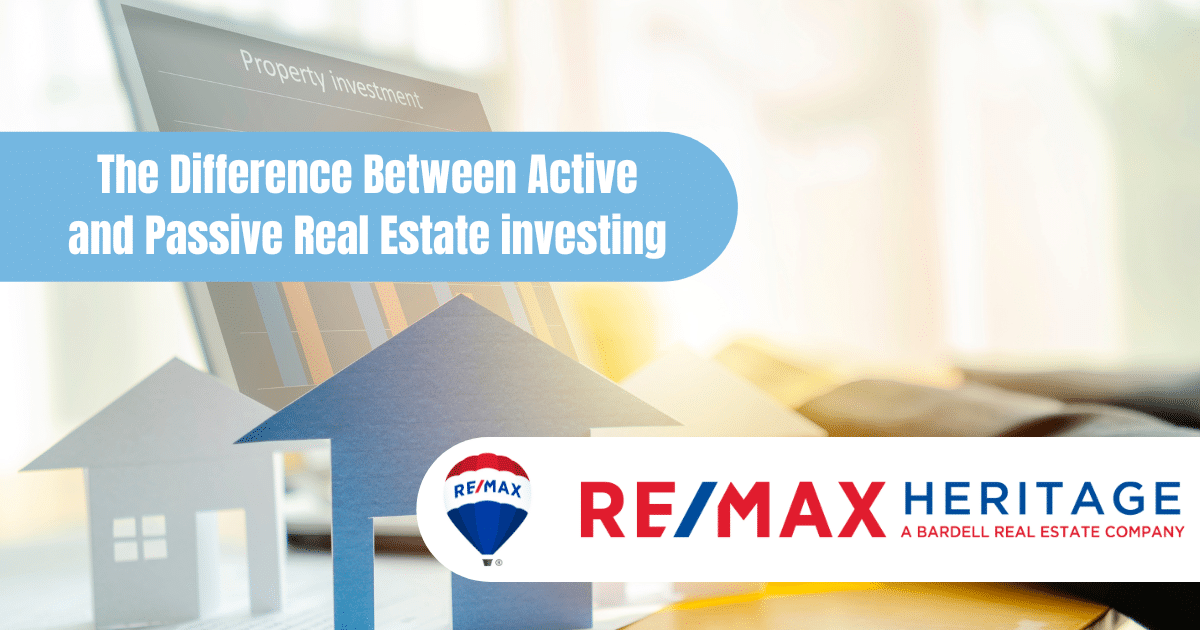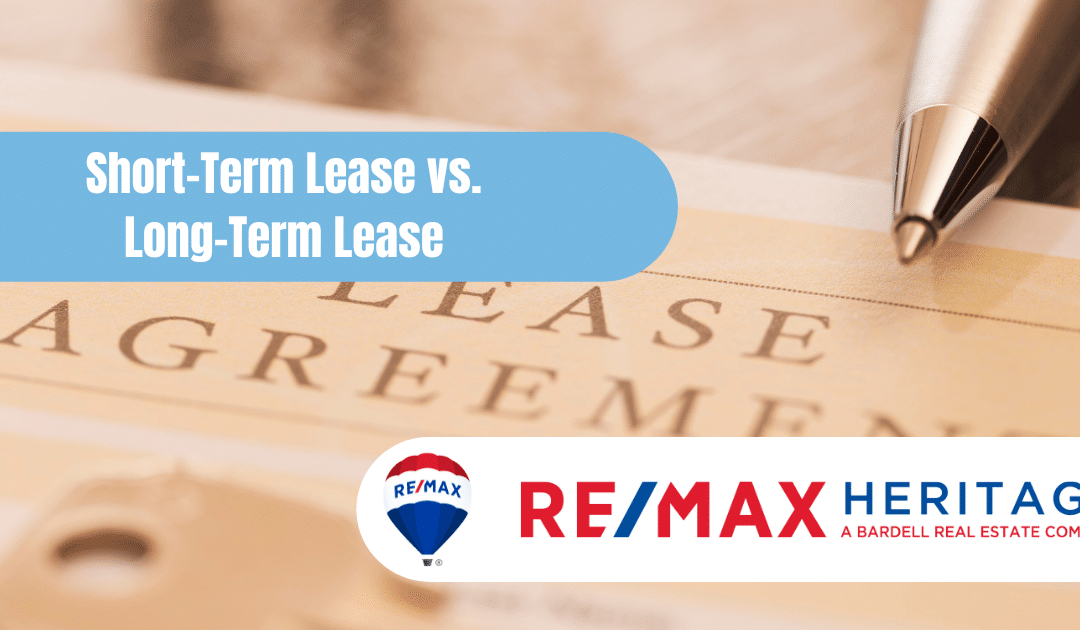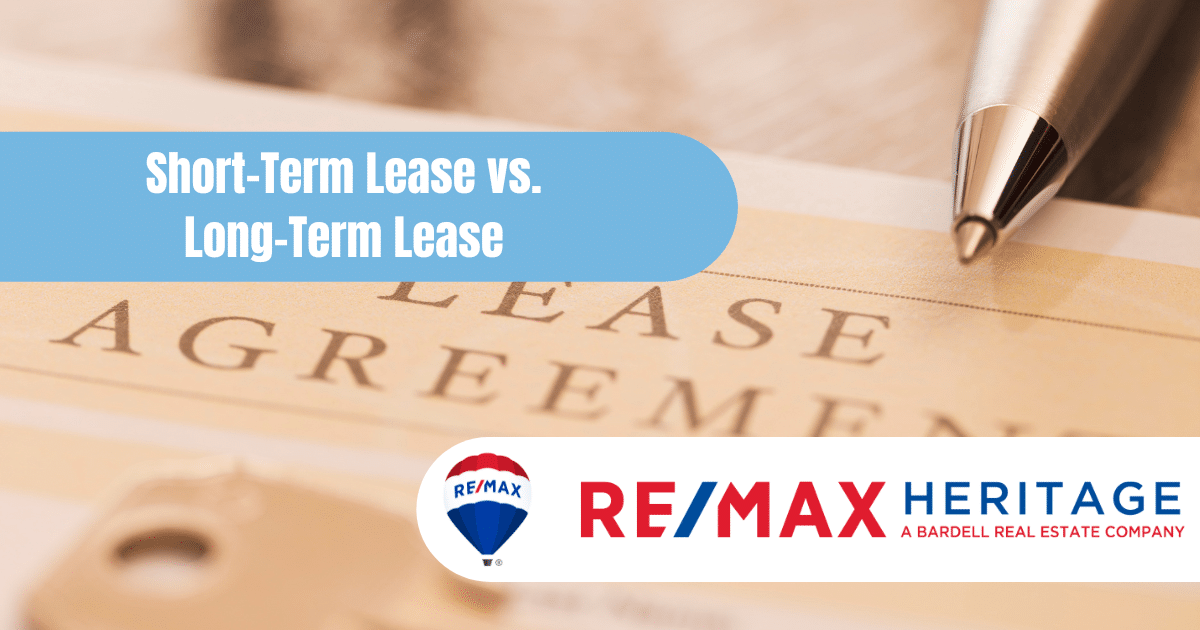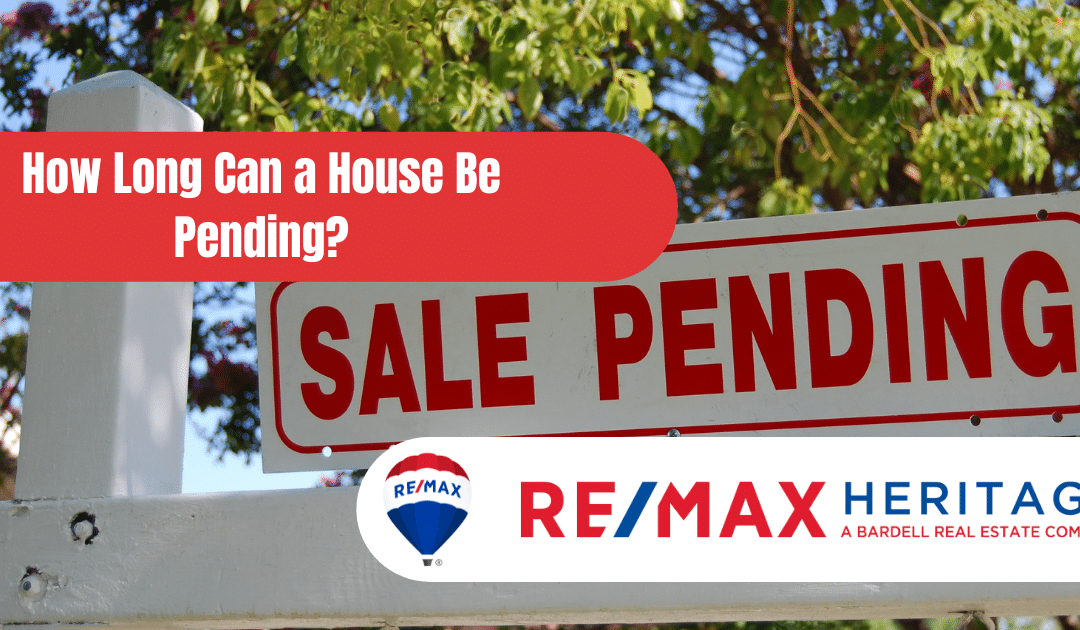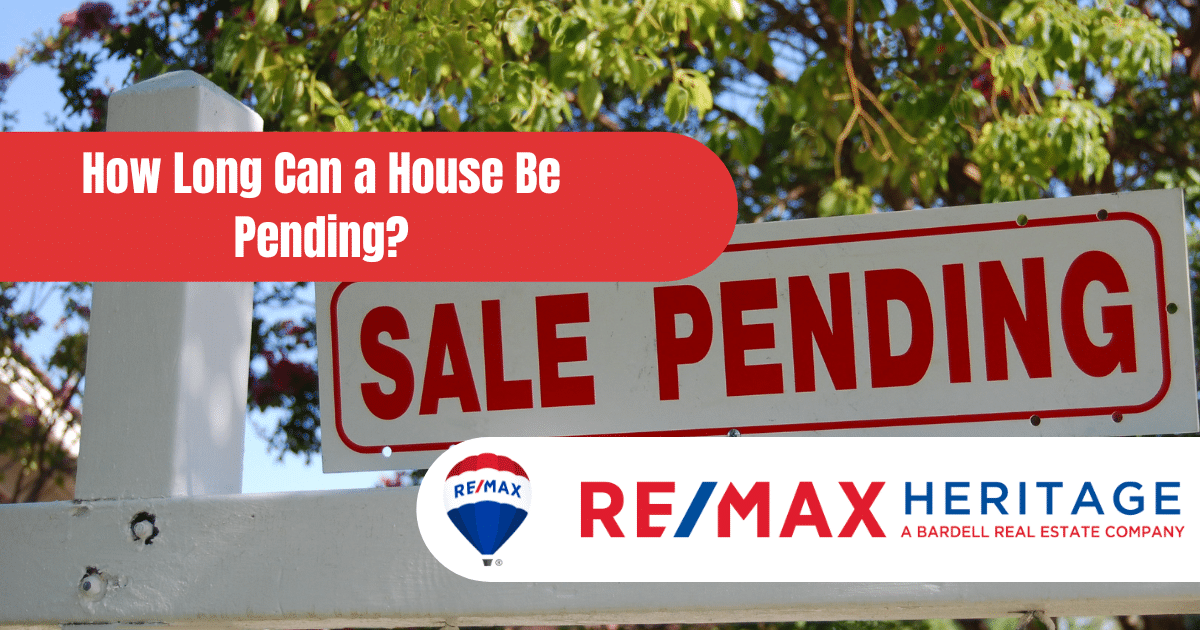The Difference Between Active and Passive Real Estate investing
Starting the journey of real estate investing can be an intimidating task for many people.
There are a plethora of options, risks, strategies, and things to learn that any one person may not even know where to start.
One of the first things that must be considered, however, is whether your investments are going to be active investments or passive investments.
In this guide, we will be discussing the differences between the two real estate investing strategies, as well as the advantages and disadvantages of each.
Before beginning to compare them, let’s make sure we know exactly what each one is.
What Is Active Real Estate Investing?
Active real estate investing is a form of investing that is much more hands-on and involved. This means that the investor is fully involved in their real estate investments. The role of an active investor typically involves a large amount of analysis, research, and expertise in order to succeed.
Active real estate investors are also completely responsible for their portfolios. This means that they are the ones who consider the risks and rewards for each one of their investments. Thus, the general goal of an active real estate investor is to consistently be right about the best times to buy and sell and make a profit out of it.
Below, we have provided some examples of things that active investing may consist of.
Examples
Most of the work involved with active real estate investing has to do with buying, selling, or renting properties. A very common real estate investment is known as a fix-and-flip. This is when an investor buys a property and then later fixes it up to sell for a profit. These investments can be very risky and involve a lot of time and money to do.
Another form of active investing is renting out a property. This consists of purchasing a property and turning it into a rental property by renting it out to someone else. Doing this creates a great source of passive income that can even cover the property’s mortgage until it is fully paid off. Once the rental properties are paid off, the investor is free to either sell them or move into them themselves.
What Is Passive Real Estate Investing?
Passive real estate investing is similar to its active counterpart, except with much less involvement and effort. These investments are typically less expensive than active ones but also have lesser returns.
Passive investing is commonly used for the long term, like saving for retirement or for a college fund. For this reason, passive real estate investments are more like buy-and-hold investments. This means that you invest, and you keep that investment for many years until you want it back.
Examples
Most passive investments consist of real estate funds, crowdfunding opportunities, or a real estate investment trust. All of these require the investor to invest at least a small amount of money and wait some time before getting a return. By investing with these methods, you are not building any sort of real estate portfolio. Instead, you are basically investing in someone else’s portfolio, hoping that they make a profit and you do too.
So, as you can see, a passive real estate investment is much different than active real estate investments. But what exactly are those differences?
Below, we have outlined some of the most notable differences between the two investments.
Key Differences Between Active And Passive Real Estate Investing
We have already seen that both kinds of investing are pretty different. But it’s always good to know exactly what those differences are. In this section, we have covered the differences in the two investing styles for some of the most important areas, which are:
- The amount of work needed
- The experience required
- How much income is earned
- The liquidity of the assets
Without further ado, let’s get into the comparisons.
Work Done
First off, we are going to compare the amount of work needed for each. Active investing requires an immense amount of work and can typically be considered a full-time job. Especially for those investing in residential and commercial real estate, there are so many different factors and things to do that investors won’t have time for anything else.
On the other hand, passive investors do not require as much work. Participating in a real estate fund or crowdfunding opportunity can be as easy as going on your phone and putting in some money. Obviously, passive investors should do some research and invest their money where they believe they will make a profit. However, the research is minimal and the risk is also minimal as they can usually take the money out whenever they want.
When investors can get their investments back easily, or whenever they want, the investment is known as a liquid investment. Liquidity is extremely important when investing, and will be discussed later.
Experience Required
Another very important factor to consider when comparing the two investing styles is the amount of experience that is required. Since passive investment is as easy as going online and searching for potential funds, it does not require that much experience. A few days of research, or even hours, can bring you to some long-term, profitable investments.
On the other hand, active investments require much more time, effort, and most importantly, expertise. Active investors must be well versed in timing the markets to know when to buy and when to sell. They must also be able to tell which properties have a potential for profit and which ones don’t. Without these skills, investors risk losing a lot of time and money on their investments.
Income
For some people, the deciding factor between the two investment strategies is income. When determining income, it is vital that you also consider the risk involved as well as the time. For example, a passive investor may make a fraction of what an active investor makes in a year, but they did not have nearly as much risk.
Generally speaking, this is the case when it comes to comparing both incomes. Active real estate investors acquire their own income-producing real estate and keep all the profits. This can net them anywhere from a few thousand dollars to millions of dollars a year. On the other hand, passive investors make that amount simply by waiting long enough and not risking their greatest assets – their money.
Liquidity
As mentioned before, liquidity is the ability of an asset to be liquidated, or sold, back to the market. Most real estate investments, like residential or commercial properties, are known as illiquid assets. This is because selling properties is not necessarily easy, and can take months.
In contrast, most passive investments are easy to convert to liquidate because they are still in the form of cash. For most investments, an investor can take out his money whenever they want to. The only downside to this is that certain investments may charge a fee for taking out investments early.
So now that we know all about some of the key differences between active and passive real estate investing, let’s go over the advantages and disadvantages of each one.
The Pros And Cons Of Active Real Estate Investing
First, we’re going to be going over the pros and cons of active real estate investing. Let’s get right into it.
Pros
Flexibility
One advantage of being an active real estate investor is that you can be more flexible with your investments. Since an active investor is the sole manager of their investments they can buy and sell at their own command instead of following a specific index. This can come as a great advantage, especially for those who have higher expertise in the area.
More Control
Just as discussed in the previous point, active investors have way more control over their investments than passive investors. Since passive investors are investing in the ideas of other people, they may miss out on opportunities that are even more profitable.
However, this added control also means added risk if the investor is not knowledgeable. Passive investors only risk losing a portion of their assets when they invest, but active investors can risk losing a ton more since they are solely responsible for their investments.
Tax Benefits
Active real estate investors can also take advantage of some pretty neat tax benefits. One of the most beneficial tax benefits is the ability to deduct expenses. These expenses must be tied to the real estate investment, and can include:
- Property taxes
- Maintenance
- Interest
- Property management fees
- Office space
…and anything else that counts as a business expense.
Cons
The advantages of active investing seem nice, but there are always drawbacks.
Higher Risk
One of the obvious risks of investing actively is that the investor will face a higher risk. Since they are investing their own money into their own intuition, they are risking losing all of it. And, unfortunately, it is not easy to get back, depending on how severe the investment was.
But, as everyone knows, with high risk comes high reward. It is very nice when the analysis is correct, but when it’s not correct, it can be very, very bad.
More Expenses
Another disadvantage of active investing is that it is more expensive than passive investing. These expenses come in the form of transaction fees, paying analysts for advice on investments, and other fees.
Although they may not seem like much at first glance, these expenses can build up over the years and completely kill your returns. That is why it is essential to stay on top of expenses and make sure they do not get out of control.
The Pros And Cons Of Passive Real Estate Investing
So, now that we have discussed all the pros and cons of active investing, let’s go over the same for passive real estate investing.
Pros
Very Cheap To Start
One of the best advantages of passive investing is that it is really cheap to start. Since the only fees that a passive investor will pay are a couple of transaction fees when they want to invest more money, the expenses do not pile up as much.
Also, the minimum investments for many funds and indices are usually not too high. This means that investors can get started with only a few hundred dollars in their bank account.
Lower Taxes
Another advantage of going with passive investments is that there are fewer taxes. This is because there is less income. With the buy-and-hold strategy, the capital gains every year is very low. This means that the taxable income from these investments won’t be as much compared to that of active investors.
Cons
Very Limited
One of the disadvantages of passive investing is that the investor is very limited in what they invest in. For example, when investing in an index or fund, the investor does not choose which assets are being invested in. They are only choosing the collection of predetermined investments that they hope will yield them a profit.
Small Returns
Passive investors also suffer from smaller returns compared to active investors. Obviously, this is because there is much less risk and skill involved in passive investing. However, these small returns add up over the years. Countless investors put a small amount of money every month into their investments and grow to large sums of money by the time they retire.
Which One Is Right For You?
Although we know are able to differentiate between active and passive investing, and know the advantages and disadvantages of each one, we still haven’t answered the most important question – which one is right for you?
That question can be answered by asking yourself a set of questions. These questions are:
- How much risk are you willing to take?
- What level of control do you want?
- How much expertise and skill do you have?
- How much time can you dedicate to investing?
These guiding questions are sure to help get you to the answer that you desire. Just make sure to consider all the factors in your life before making any decision
Source
Looking for rental services in Orlando – we can help.
We work with our Owners and tenants as individuals and never under estimate what it takes to keep you happy with your choice of Management Company.
By doing our due diligence with our clients, tenants, and vendors we create a service that exceeds expectations and generates positive referrals. Click HERE to learn more and how one of our property management professionals can help you!



